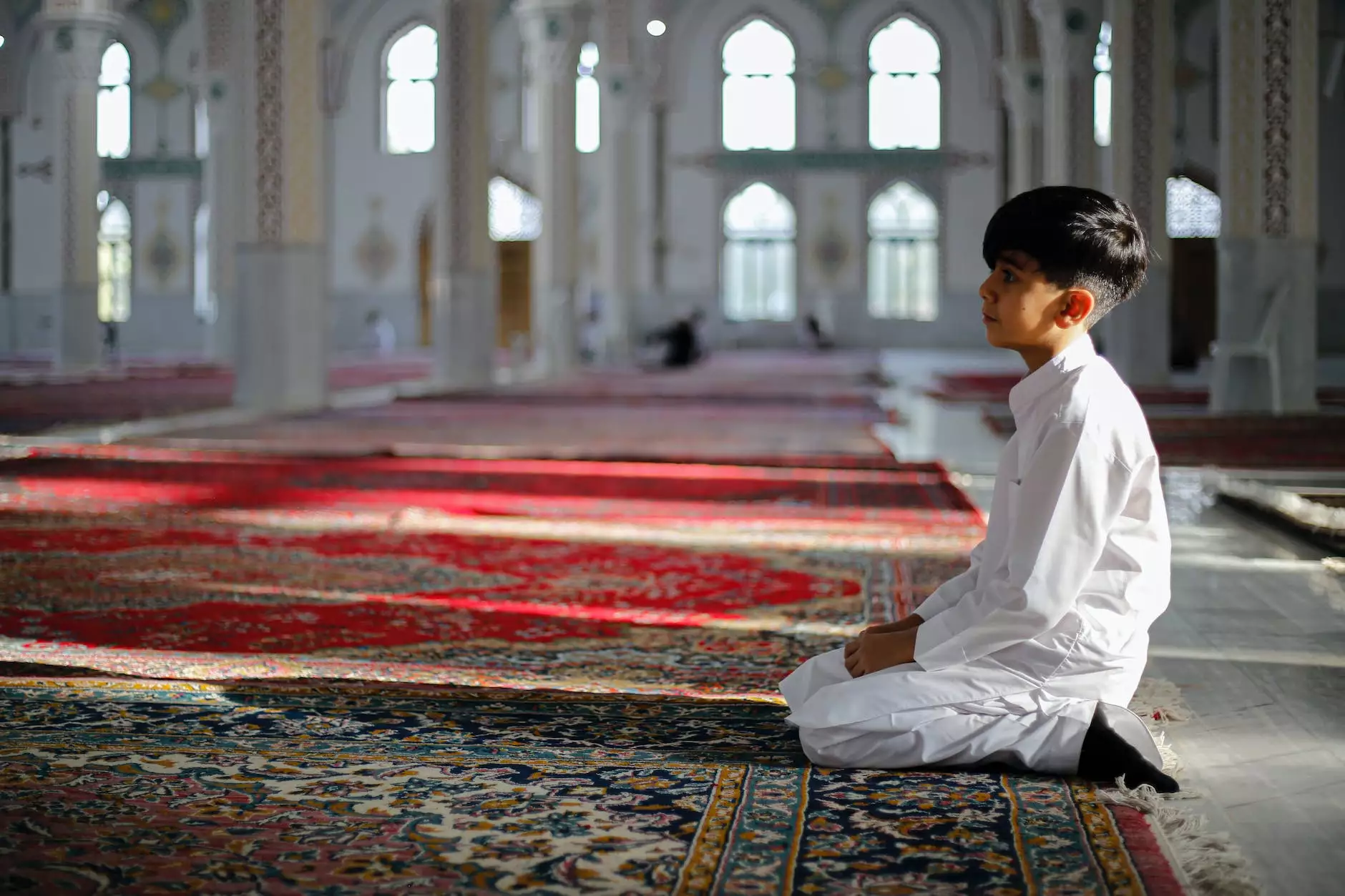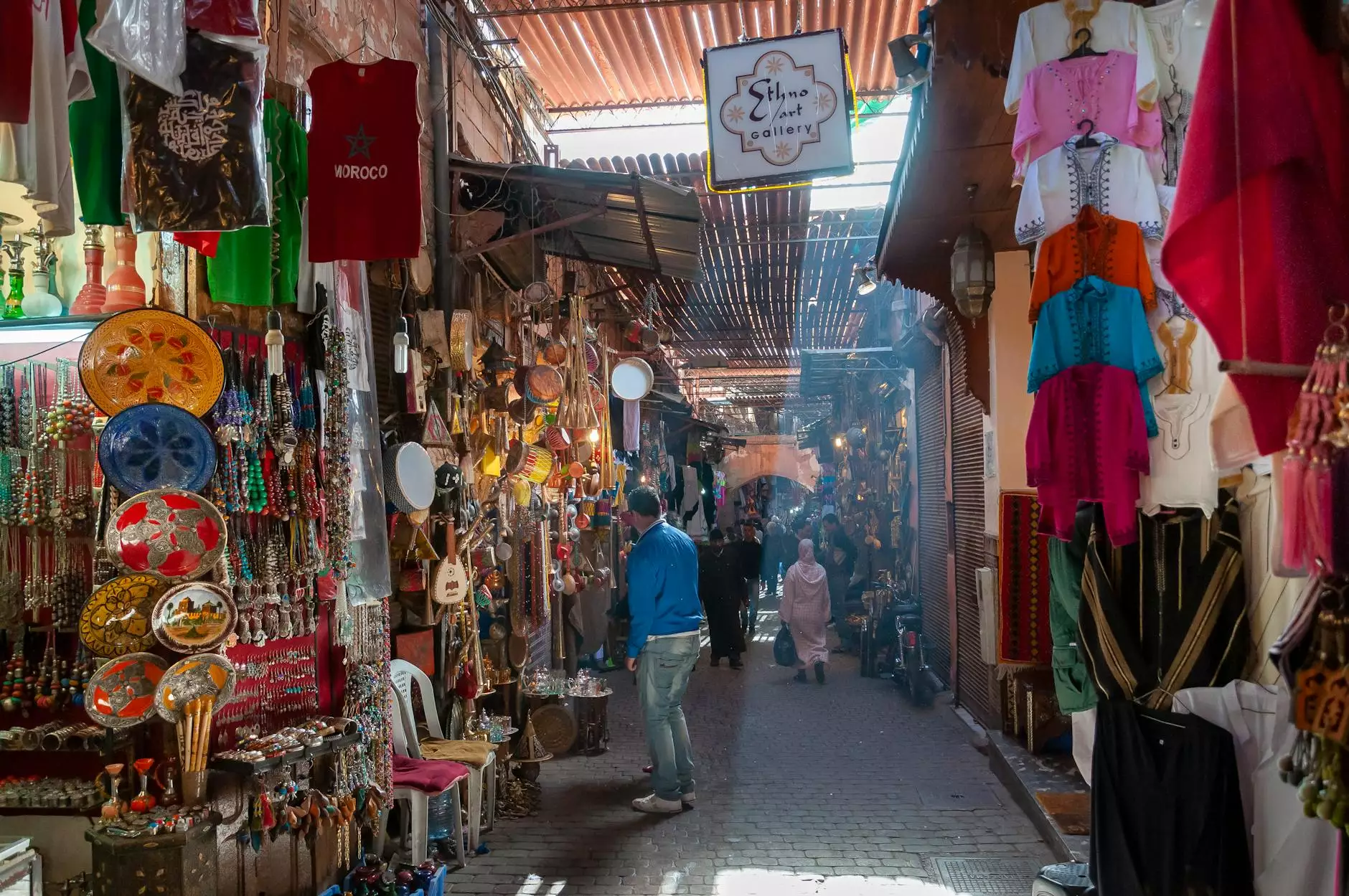Business Success: Mosques and Child Marriage in Islam

Mosques: Sacred Places of Worship
Mosques are not just architectural marvels, but integral components of Islamic communities worldwide. Serving as sacred places of worship, mosques hold immense religious and social significance in Islam.
These serene and majestic structures provide a gathering space for Muslims to connect with God through prayer, reflection, and communal activities. Mosques foster a sense of unity, peace, and spiritual growth, nurturing the beliefs and values at the core of the Islamic faith.
The Role of Mosques in Community Development
Mosques extend their influence beyond religious practices, actively contributing to the development and well-being of the communities they serve.
First and foremost, mosques provide educational opportunities. They serve as centers for learning the Quran and Islamic teachings, offering classes for children, teenagers, and adults. Knowledge dissemination empowers individuals to deepen their understanding of Islam, fostering personal growth and nurturing a strong moral compass.
Additionally, mosques often host lectures, seminars, and workshops on a range of topics, from community outreach initiatives to health and wellness. These events promote awareness, inclusivity, and social cohesion, reflecting the Quranic values of harmony and compassion.
Mosques and Social Issues: Addressing Child Marriage in Islam
While mosques play a vital role in the community, they are not exempt from facing complex challenges. One such issue is the practice of child marriage in certain contexts in the Islamic world. It is important to address this sensitive topic while promoting a nuanced understanding.
Child marriage is not endorsed by Islam as a religion but persists in some regions due to cultural and societal factors. It is crucial to differentiate between cultural practices and the teachings of Islam. The Quran emphasizes the importance of consent and maturity when entering into marriage, ensuring the well-being and dignity of both parties.
Mosques have a significant role to play in advocating for change and eradicating harmful practices. Promoting education and awareness programs within the community helps challenge misconceptions, dismantle harmful traditions, and emphasize the importance of consent, education, and empowerment for young individuals.
Initiatives for Change
Many mosques are actively engaging in initiatives that combat child marriage and promote gender equality within their communities.
One such initiative is the establishment of mentoring programs for young individuals. These programs provide a safe space for dialogue and guidance, addressing the emotional, social, and educational needs of adolescents and young adults. By fostering mentorship relationships, mosques empower the younger generation to make informed decisions and pursue their dreams.
Mosques can also collaborate with local governments, NGOs, and community organizations to develop comprehensive awareness campaigns, encouraging dialogue and education on child marriage. These campaigns can emphasize the importance of girls' education, raising awareness about the legal age of marriage, and facilitating access to essential resources for families in need.
Conclusion
Mosques serve as cornerstones of the Islamic faith, facilitating religious devotion, community bonding, and personal growth. In the face of social challenges such as child marriage, mosques have the potential to promote positive change and empower individuals.
By leveraging their position as influencers, mosques can actively engage in educational initiatives, awareness campaigns, and collaborations to address sensitive topics responsibly. Such efforts contribute to a more inclusive society, guided by the principles of Islam and driven by compassion, consent, and respect for human dignity.









